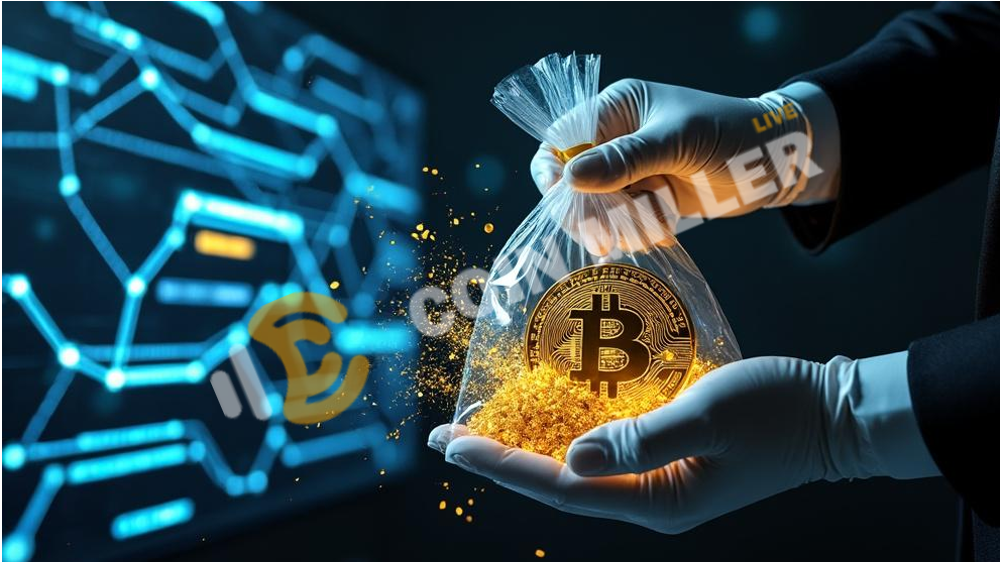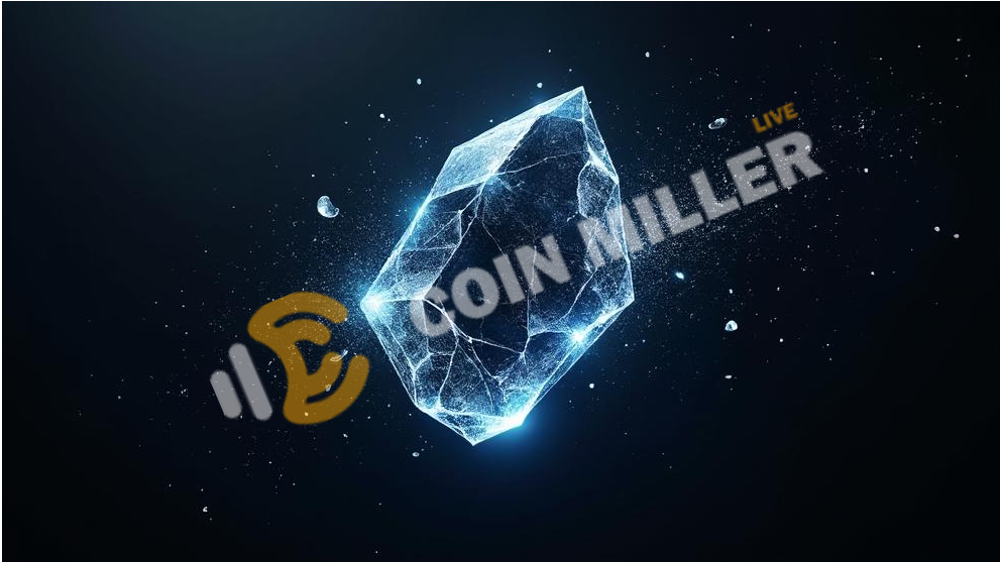SEC Issues No-Action Letter for Solana-Based Energy Token
The US Securities and Exchange Commission has determined that Fuse Energy’s native token does not qualify as a security under federal law. This marks the second time in recent months that the regulator has provided this type of clarity for cryptocurrency projects.
The SEC sent a no-action letter to Fuse Energy, stating that its FUSE token doesn’t constitute an investment contract under securities regulations. This decision effectively closes the case without any penalties or enforcement actions, providing regulatory protection for the Solana-based project.
Utility-Driven Value Assessment
According to cryptocurrency journalist Eleanor Terrett, the SEC’s determination appears to be based on the finding that the token’s value is tied to its actual utility within the network rather than investors’ expectation of profit. This distinction seems to be crucial in the regulatory assessment.
Fuse Energy operates within the DePIN (Decentralized Physical Infrastructure Networks) space, focusing on energy-related applications built on the Solana blockchain. The project’s whitepaper, published alongside the announcement, provides full details about the token’s functionality within their energy network.
Regulatory Momentum Building
Fuse Energy described the decision as “the culmination of months of productive work with the SEC” in their official statement. They expressed pride in “playing a role in ensuring regulatory clarity for cryptocurrencies in the US” and noted that “momentum is building” for clearer regulatory frameworks.
This development follows a similar no-action letter sent to DoubleZero several months earlier, suggesting a pattern of increased regulatory clarity for certain types of cryptocurrency projects. While it’s too early to call this a trend, the consecutive decisions do provide some measure of predictability for projects that can demonstrate clear utility rather than pure investment characteristics.
For investors and developers, this decision reduces some of the uncertainty that has surrounded token classification in the United States. However, each project will still need to be evaluated individually based on its specific characteristics and use cases. The SEC’s approach seems to be focusing on the economic reality of how tokens function rather than applying blanket classifications across the entire cryptocurrency space.
It’s worth noting that regulatory clarity, when it comes, tends to benefit projects that have clear utility and real-world applications. The energy sector, in particular, seems to be attracting attention as blockchain technology finds practical uses beyond pure financial speculation.







